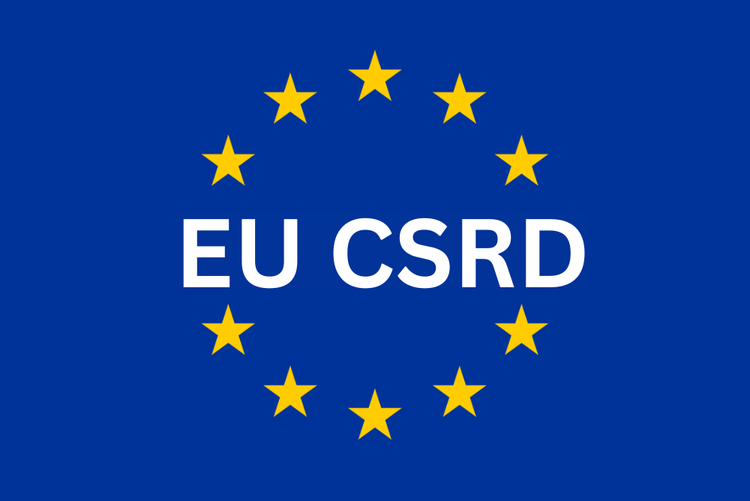The Corporate Sustainability Reporting Directive (CSRD) is a new EU sustainability legislation that sets out environmental, social, and governance (ESG) reporting requirements for companies in the EU. It was adopted on 21st April 2021 in line with the EU Green Deal and entered into force on 5th January 2023. It repeals the Non-Financial Reporting Directives which have been in force since 2018. The key features of the CSRD are that;
- It mandates companies to report on the impact of corporate activities on the environment and society based on the ESG pillars
- It requires the audit (assurance) of reported information
- It requires companies to undertake a double materiality assessment
The CSRD affects approximately 49,000 companies falling under the following criteria;
- Large EU companies that meet at least two of the three criteria: 1) more than 250 employees, 2) more than EUR 40 million net revenue 3) more than EUR 20 million total assets
- Listed EU companies, including listed SMEs* (except micro-undertakings)
- Non-EU parent companies (companies not established in the EU) but with securities listed on the EU-regulated markets, and a combined group turnover in the EU of more than EUR 150 million.
In terms of reporting timeline, Companies that are already reporting under the Non-Financial Reporting Directive (now repealed by the CSRD) will be obligated to make their first reports under the CSRD in 2025 for the 2024 financial year. Large companies not previously subjected to the NFRD will be required to report in 2026 for the 2025 financial year. While listed SMEs, small credit institutions, and captive insurance undertakings will be required to report in 2027 for the 2026 financial year.
Reference
https://eur-lex.europa.eu/legal-content/EN/TXT/?uri=CELEX:32022L2464
